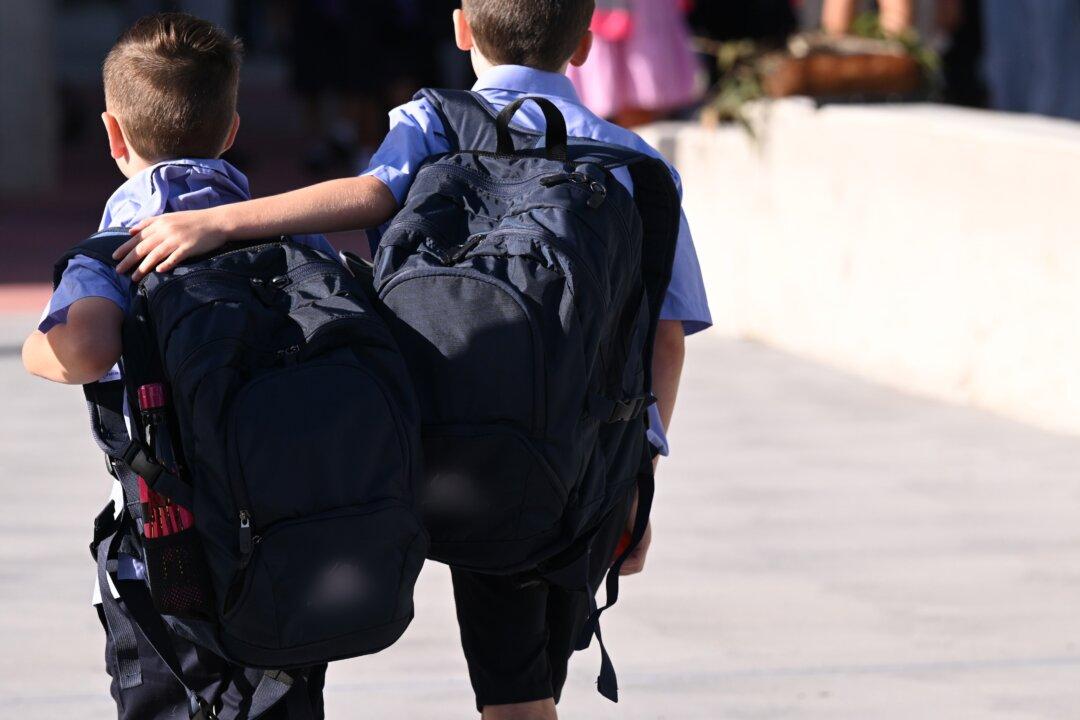Commentary
Children are society’s most precious commodity or asset. It is their well-being and the virtues instilled in them as they grow up which will determine our society’s future.

Children are society’s most precious commodity or asset. It is their well-being and the virtues instilled in them as they grow up which will determine our society’s future.